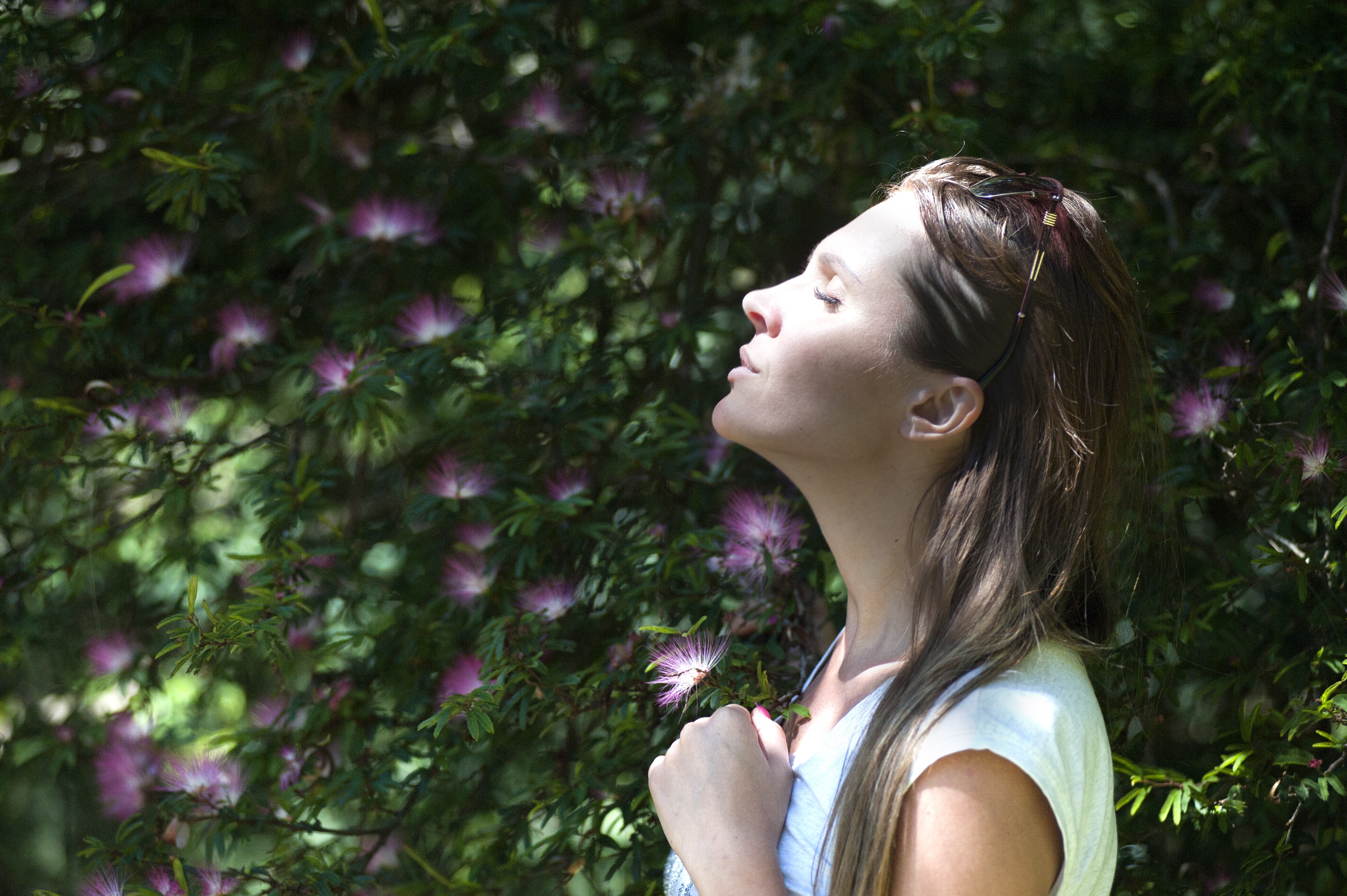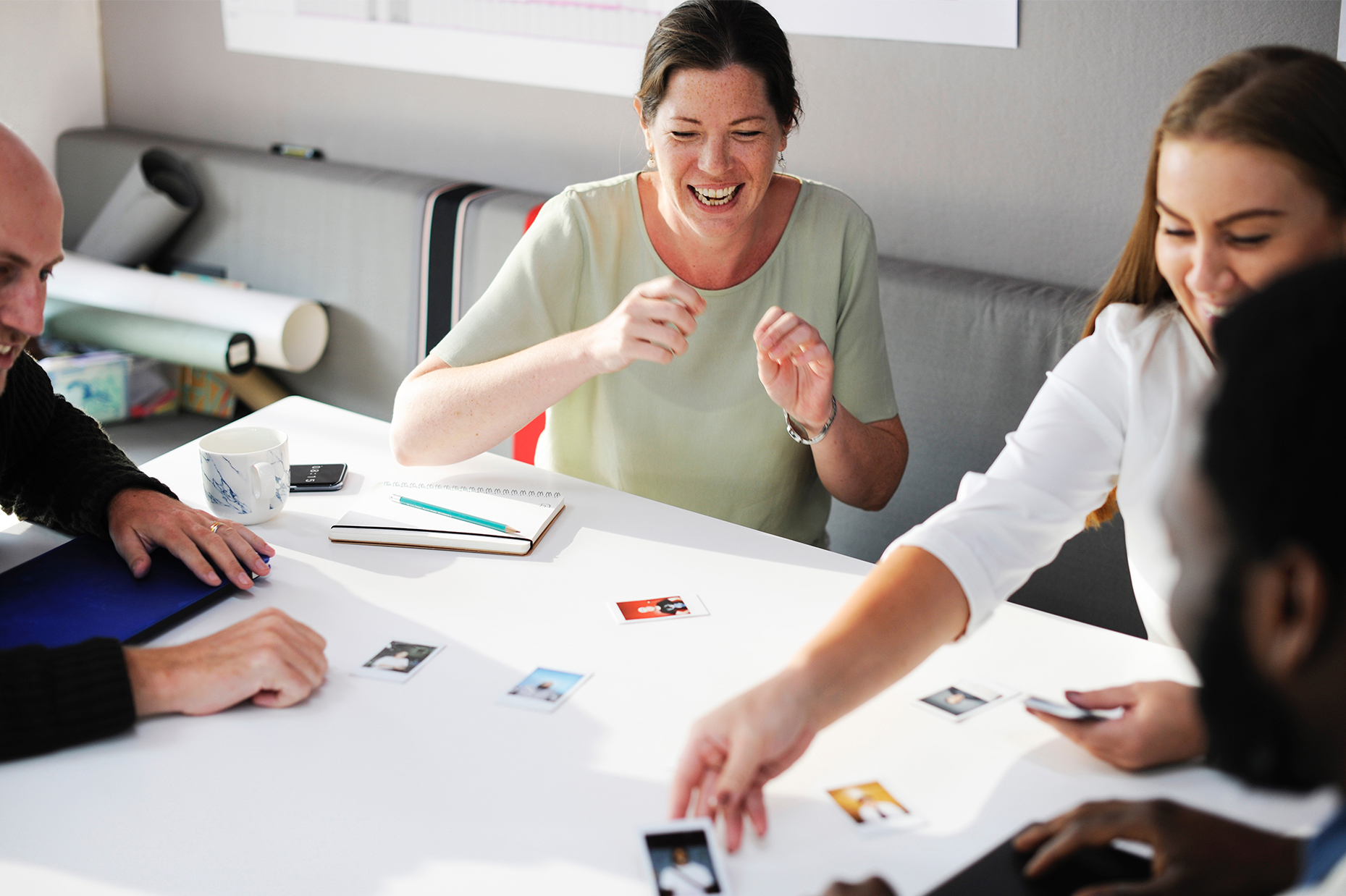Australians are sticklers for summer. We love our warm days and balmy nights, and we make the most out of the extended sunlight by being social, active, and generally engaged in life.
As we head into winter, many of us begin to draw comparisons between then and now, and what’s to come over the next few months, at times losing out ability to be mindful as the days become cooler, darker and shorter.
We envisage how much better life will be when the days are longer again and the sun is warm. We tell ourselves that it’s too dark and cold to exercise now, or to venture out to catch up with friends.
Of course, winter is a time for turning inward – to rest and rejuvenate. But how can we make sure that while we turn in, we’re not losing mindfulness and stress about things we shouldn't be? Here we will look at 3 steps to ensuring a more mindful mindset this winter, that will help with working, mindful parenting and being more present for life.
These steps are especially important considering the ‘winter blues’ (and seasonal affective disorder (SAD) at the extreme) are very real risks for southern Australians and those who live in more wintery destinations around the world.
For me, the principles and practice of mindfulness has helped achieve a mindful mindset year round from one of resistance, judgement and impatience to one of acceptance, patience and curiosity - I am notably happier for it.
To find the same happiness in your life, it is important to develop a more mindful mindset, with the first three steps you can take outlined below.
Here's three steps to achieve a more mindful mindset;
- Stop judging
- Practice patience
- Foster curiosity
Mindful mindset step 1 - Stop judging
Mindfulness invites us to be non-judging. This means stepping back from the constant stream of categorising and reacting to the world, and assuming the stance of an impartial observer.
As soon as we enter this world people are judged and evaluated: good boy, good girl, and so on are the responses adults use when children manage a new skill. Judging is deeply engrained into our psyche and you may find that letting go of judgement does not come naturally at first.
The good news is that your brain has the capacity to expand and create new neuro pathways as you start to think and experience things differently.
Firstly pay full attention when your mind begins to judge something, whether it be yourself, another person, a situation, an object. You may be surprised how often you judge something throughout the day.
Our minds are often overactive overactive judging everything that it can make you overwhelmed when you become really aware of it.
Try to notice and even jot down all the judging that goes on in your mind if only for an hour. Afterwards notice any patterns that emerge. For example, do you mainly judge yourself, other people, life, the government or activities you engage with, or just everything?
Judgement will happen on your journey to a more mindful mindset. You may have thoughts along the lines of: 'What a bizarre concept to be more mindful?’ or ‘How can this stupid watching of my breath help my marriage?’ Simply notice that all thoughts of this nature are fruitless judgements and evaluations. Just observe them for what they are and, as best as you can, let them pass by before returning to your mindfulness practice. If you don’t feed these thoughts, they’re most likely to reduce over time.
Congratulate yourself each time for noticing judgement and for letting go and just letting it be.
This year, I am doing my best to adopt this attitude during the 10-minute walk between my car and the office each day. Historically, this was a time that I dreaded—stepping out into the cold, sometimes wet and often windy conditions. Now, I step out, take a breath, and simply notice the environment around me.
It’s not good or bad, it just is - with no judgement.

Mindful mindset step 2 - Practice patience
Patience is often described as a gift that only some people have. However we all have the ability to develop patience over time. Today's fast paced, convenience based, 'quick-fix' society doesn't help us in developing patience on your journey to mindfulness.
Be sure you physically give yourself time to practice mindfulness and to build patience.
The best mantra for patience when life is making you impatient is 'this too shall pass'. Live in the present and let your patience allow you the ability to forget the future and past and focus on the here and now.
When you develop patience and allow life to present itself to you as it is, you start to observe the little miracles that life presents: a flower growing out of a small crack in the wall, a smile from an unknown passerby, a beautiful scent in the air, the wind gently caressing your face and so, so much more.

Mindful mindset step 3 - Foster curiosity
Engaging the five senses has been a useful ‘formula’ to practicing mindfulness on my commute. By paying attention to all the different things I can see, I have noticed the changing colours of the leaves, the dew on the grass, and the striking shapes of the bare tree branches.
By tuning in to all the different sounds around me, I have noted the morning chorus of birds, humming radiators, and the crisp crunch of leaves underfoot. Through engaging my sense of smell, taste and touch, I have noticed the sweet scent of the rain, the intense aroma of coffee wafting from café’s, and the cool air against my cheeks.
Shifting mindsets this year has undoubtedly helped me stay engaged and connected to myself and to others. I am more willing to catch up with friends or go for a jog, and walking to work has become far more interesting and far less distressing!
The darker, cooler months ahead no longer present an unbearable prospect, but a rich opportunity to practice mindfulness, and potentially see the world in a different light.
To get started on your journey to a more mindful mindset why not download our FREE Smiling Mind app or find out more about mindfulness here.
Smiling Mind’s vision is to see every mind thrive.
We will do so by providing accessible, life-long tools to support healthy minds through our FREE mindfulness app. We are a 100% not-for-profit organisation that works to make mindfulness education accessible to all.
-1.jpg)









.jpg)




